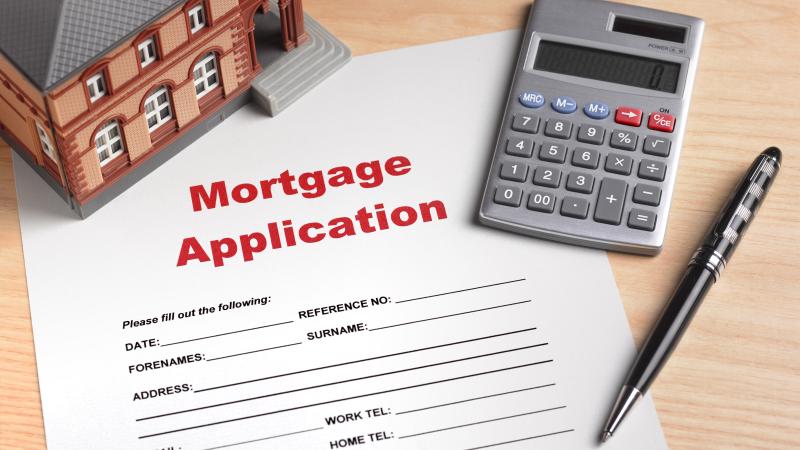IRS cancels gig worker tax reporting this year after Democrats pushed to implement it
The delay of the tax marks the second time the IRS has intervened to smooth its implementation as Democrats push for gig workers to pay more on previously unrecorded transactions.
The IRS is delaying its plan to force gig workers to file paperwork on low-dollar compensation they collected on payment apps like Venmo or PayPal for their 2023 tax returns.
This reportedly marks the second time that the IRS has declared a “transition” year in the gig worker tax. The agency first delayed implementation of the tax last year after it was supposed to take effect following its inclusion in the Democrat-backed 2021 pandemic legislation.
The provision that Democrats inserted into the legislation will implement a $600 threshold on taxable income, primarily aimed at increasing taxes paid by gig workers who may circumvent traditional tax collection through their use of online payments systems.
Once the tax is fully implemented, the number of Americans required to file a Form 1099-K tax return would more than double, from 14 million to 44 million. The Government Accountability Office predicted that this change would cause “confusion” among taxpayers.
Republicans have criticized the new tax. “Republicans have tried to repeal this terrible law, but Democrats have refused,” House Ways and Means Committee Chairman Jason Smith, R-Mo., said in a press release.
“Given that even Democrats now admit that this law is unworkable and are trying to rewrite a key provision, it’s time to scrap it and start over,” he continued.
President Joe Biden’s IRS commissioner indicated that he wanted to ensure a smooth transition. “The IRS will use this additional time to continue carefully crafting a way forward to minimize burden," Commissioner Danny Werfel said, according to the IRS. "We want to make this as easy as possible for taxpayers.”
















